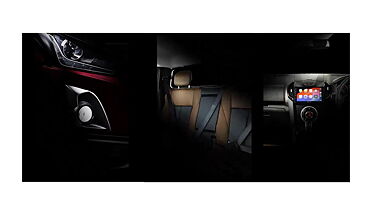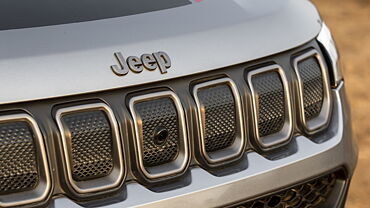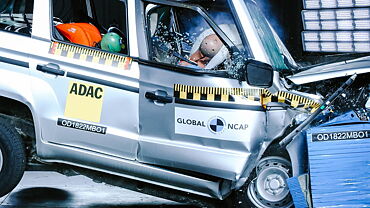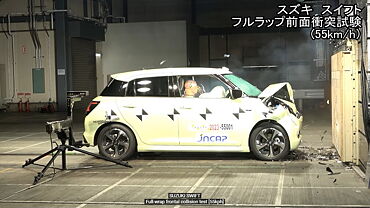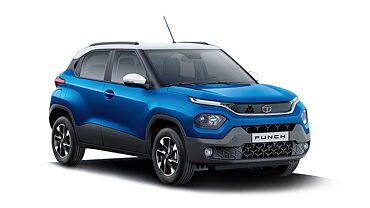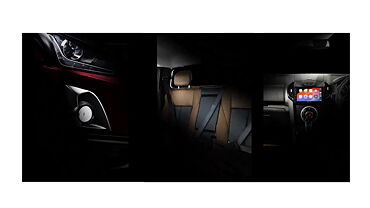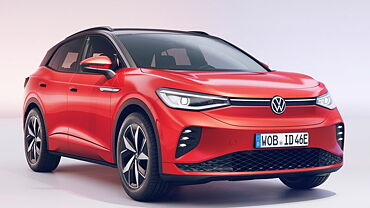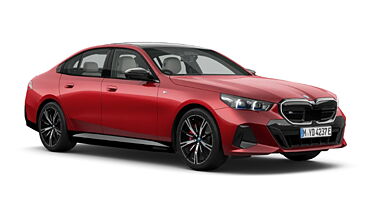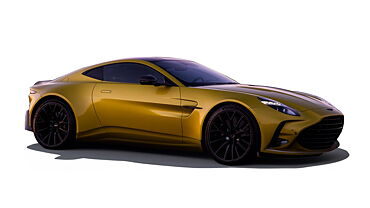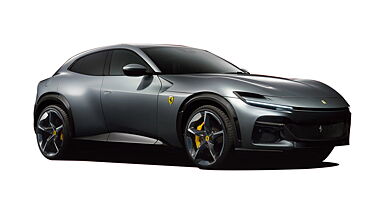Production of several petrol and diesel four-cylinder engines has been globally initiated by Swedish vehicle manufacturer Volvo in the current week. These powertrains are part of the new Volvo Engine Architecture (VEA), which will be seen in the entire range of vehicles from the company. The introduction of the VEA range was announced back at the 2011 Frankfurt Motor Show and the series also has a three-cylinder engine, along with several four-cylinder petrol and diesel ones.
Volvo has remained tight-lipped about the specifications of these engines, but it was confirmed earlier in 2013 that the diesel powertrains would have a brand new system known as i-ART. This technology makes use of a pressure sensor on each fuel injector, rather than a single sensor for the entire common-rail diesel engine. The new technology ensures that measurement of fuel delivery to the vehicle is more accurate than the previous system and ensures lesser wastage. Speaking about this, Volvo powertrain boss Derek Crabb said, “Increasing the rail pressure to an exceptionally high 2,500 Bar, while adding the i-ART technology, can be described as the second step in the diesel revolution.” This way, not only will fuel consumption and emission be lower, but a 'powerful sound character' and boosted outputs will be received from the new engines.
Petrol VEA engines would be making use of direct injection technology. It would be possible to pair any of these with an electric motor and in the future, a kinetic energy recovery system (KERS) could also be utilised. With KERS, energy dissipated from a moving vehicle's brakes can be used to generate greater power. Similar technology is already being used in several Formula One racing cars.
Different levels of turbocharging will help in producing varying levels of power in the VEA engines. This would help in spreading the engine's capabilities across performance and mainstream vehicles. In addition, this would reduce the cost of downsizing powertrains. "Our four-cylinder engines will offer higher performance than today's six-cylinder units and lower fuel consumption than the current four-cylinder generation. On top of that, electrification will bring us up into power figures in today's V8-territory,” Crab added. As per reports, fuel consumption could be reduced by as much as 25 per cent.
It is clear that the Swedish auto maker intends to make it big in different segments of vehicles, while keeping an eye on fuel consumption as well. The new VEA technology laden engines will certainly make Volvo vehicles more advanced than competitors.



